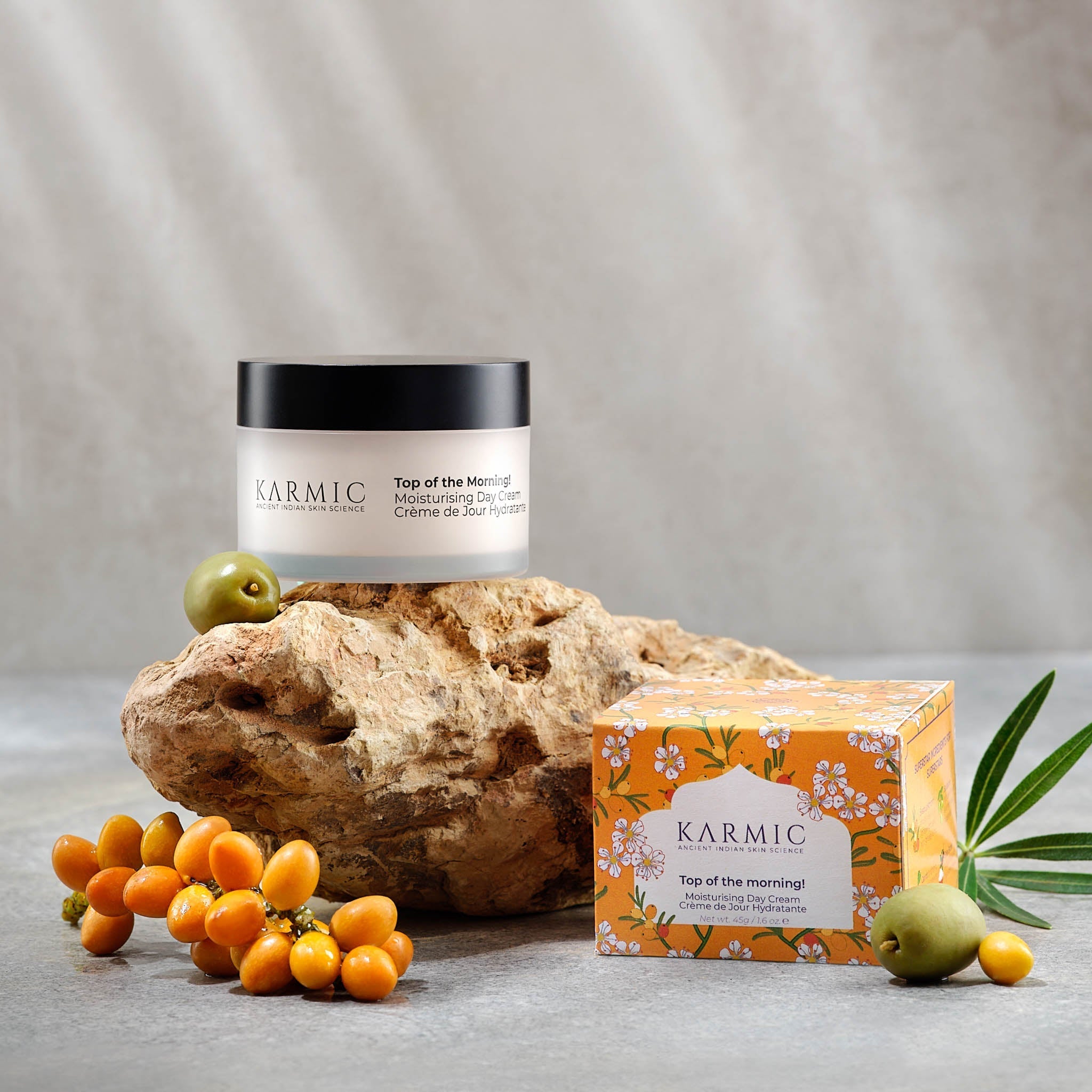The beauty industry has witnessed a major transformation in recent years. As more consumers become aware of the ethical, environmental, and health implications of their purchases, cruelty free skincare products have emerged as a preferred choice for many. This movement is not just about animal rights-it’s a holistic approach to skincare that values sustainability, natural ingredients, and human well-being.
In this article, we’ll explore the science and philosophy behind cruelty-free skincare, its tangible benefits, and how to identify and choose the best natural skin care products and vegan skin care products that align with your values.
Why Cruelty-Free Skincare Matters
1. Ethical Considerations
At the heart of cruelty free skincare products is the ethical commitment to avoid animal testing. This means that neither the final product nor its individual ingredients have been tested on animals. Historically, skincare brands used animals-often rabbits, mice, and guinea pigs-for product testing, subjecting them to painful and inhumane procedures.
Cruelty-free skincare stands in stark contrast, supporting the use of in-vitro testing, human volunteer studies, and advanced computer modeling to ensure product safety without harming any living being. By choosing cruelty free skincare products, you become part of a global movement that upholds compassion and scientific advancement.
2. Better for Your Skin
In addition to being ethically produced, cruelty-free products often focus on clean, skin-friendly formulations. These brands tend to avoid harsh chemicals, parabens, artificial dyes, and synthetic fragrances-common culprits of skin irritation and long-term health concerns.
Instead, they incorporate ingredients like sal butter, ashwagandha, and saffron, which have been used for centuries in Ayurvedic and natural medicine. These ingredients not only nurture the skin but also align with the principles of holistic wellness.
3. Environmental Benefits
Cruelty-free skincare brands are frequently champions of sustainability. They understand that protecting animals also involves protecting the habitats they live in. As a result, many of these brands use:
- Recyclable or biodegradable packaging
- Sustainably sourced ingredients
- Small-batch production to reduce waste
By supporting vegan skin care products and cruelty-free brands, you’re also reducing your personal carbon footprint and contributing to a more environmentally conscious beauty industry.
Key Ingredients in Cruelty-Free Skincare
When evaluating cruelty free skincare products, ingredient transparency is crucial. Some of the most powerful and safe ingredients found in these products include:
Sal Butter
Derived from the seeds of the Shorea robusta tree (Sal tree), sal butter is rich in essential fatty acids like oleic, linoleic, and stearic acids. It is a luxurious emollient that nourishes dry and sensitive skin, helping restore moisture without clogging pores. Its anti-inflammatory properties make it ideal for people dealing with eczema or dermatitis.
Ashwagandha
A staple in Ayurvedic medicine, ashwagandha is known for its adaptogenic properties-helping the body manage stress. When used topically, it calms irritated skin, reduces inflammation, and promotes elasticity. It’s especially beneficial for skin exposed to pollution and environmental stressors.
Saffron
A prized botanical, saffron is a powerhouse of vitamins and antioxidants. It brightens the complexion, reduces pigmentation, and promotes blood circulation for a natural glow. Additionally, its antimicrobial properties make it suitable for acne-prone skin.
How to Identify Cruelty-Free Products
If you're seeking the best natural skin care products, understanding how to verify a product's cruelty-free status is essential. Here's how you can do that:
1. Look for Official Certifications
Several organisations provide certifications that confirm a product is truly cruelty-free. Look for logos and approvals from:
- Leaping Bunny (Cruelty-Free InternationaL
- PETA’s Beauty Without Bunnies
- Choose Cruelty-Free (CCF)
These certifications ensure that the brand follows strict no-animal-testing policies, not only in its final product but also in sourcing ingredients.
2. Read the Labels Carefully
Cruelty-free products often proudly display this on the packaging. However, to verify authenticity, also check for:
- Vegan-friendly claims (no animal-derived ingredients)
- Inclusion of natural ingredients like safflower seed oil, sea buckthorn oil, or bakuchiol
- Absence of synthetic fragrances or parabens
3. Research the Brand’s Values
Go beyond marketing. Visit the brand's website and look for a clear cruelty-free policy. Ethical companies are usually transparent about:
- Where and how they test
- Their ingredient sources
- Their approach to sustainability
The Real-World Impact of Choosing Cruelty-Free
Supporting Ethical Innovation
By purchasing cruelty free skincare products, you vote with your wallet. You send a powerful message to the beauty industry that animal testing is outdated and unacceptable. This increases the demand for alternative testing technologies and pressures larger corporations to adopt humane methods.
Healthier, Happier Skin
Many consumers report visible improvements in skin texture, tone, and hydration when switching to cruelty-free products. This is largely due to the use of botanical extracts, cold-pressed oils, and minimally processed ingredients-hallmarks of the best natural skin care products.
Encouraging Sustainable Practices
Cruelty-free brands often extend their ethical stance to the environment. From using glass jars instead of plastic to sourcing ingredients like ashwagandha from organic farms, these practices help reduce pollution and protect biodiversity.
How Cruelty-Free Aligns with Vegan Skincare
Not all cruelty-free products are vegan, but the two often go hand-in-hand. While cruelty free skincare products do not involve animal testing, vegan skin care products also avoid animal-derived ingredients such as beeswax, lanolin, and collagen.
Combining both cruelty-free and vegan principles ensures that your skincare routine is as ethical and plant-powered as possible. Many of the best natural skin care products on the market today follow this combined ethos.
Conclusion
The rise of cruelty free skincare products signals a cultural shift toward more mindful beauty. By choosing these products, you're making an investment in your skin’s health, advocating for animal welfare, and reducing your impact on the environment.
With rich botanical ingredients like sal butter, ashwagandha, and saffron, and certifications from reputable cruelty-free organizations, these skincare products offer efficacy without compromise. If you're on the hunt for the best natural skin care products or vegan skin care products, opting for a cruelty-free option is one of the smartest and kindest decisions you can make.
The next time you pick up a face cream or serum, remember-your choice goes beyond skincare. It’s a step toward a more compassionate, sustainable, and health-conscious future.
FAQs
1. What makes a skincare product cruelty-free?
A cruelty-free product is one that has not been tested on animals at any stage of development, including both the final product and its ingredients.
2. Are all cruelty-free products also vegan?
No. While many cruelty-free products are vegan, some may still include animal-derived ingredients. Always look for both labels if you want products that are both cruelty-free and vegan.
3. Why should I switch to cruelty-free skincare?
Cruelty-free skincare is not only ethical but often better for your skin and the planet. These products typically contain cleaner, more natural ingredients and are developed with sustainability in mind.
4. Which ingredients should I look for in cruelty-free skincare?
Look for nourishing, plant-based ingredients such as sal butter, ashwagandha, saffron, bakuchiol, sea buckthorn oil, and safflower oil-commonly used in ethical and effective formulations.
5. Can cruelty-free products be effective for aging skin?
Yes. Many cruelty-free products include anti-aging botanicals like bakuchiol (a natural retinol alternative), vitamin C, and ashwagandha, which help reduce wrinkles and improve skin elasticity.




